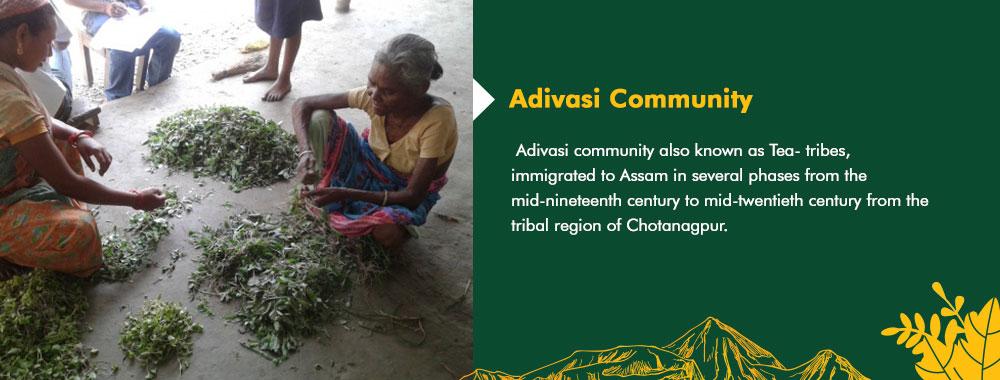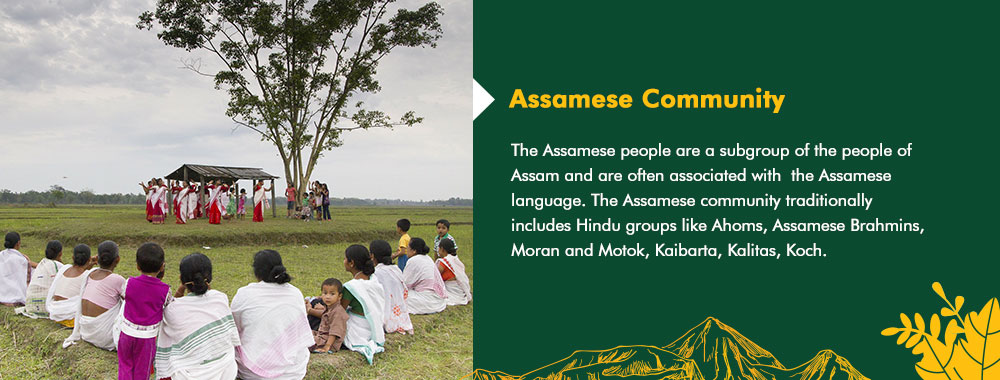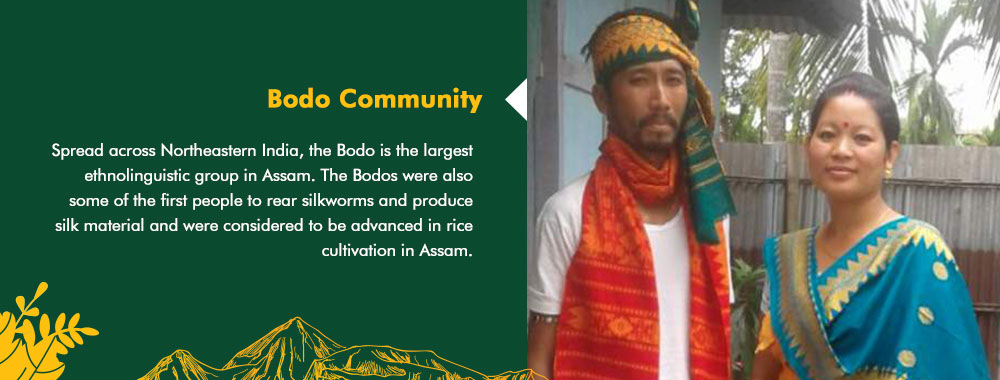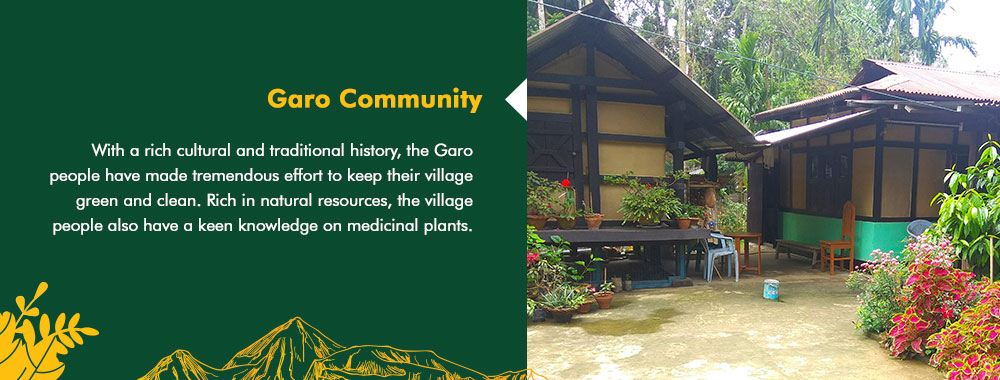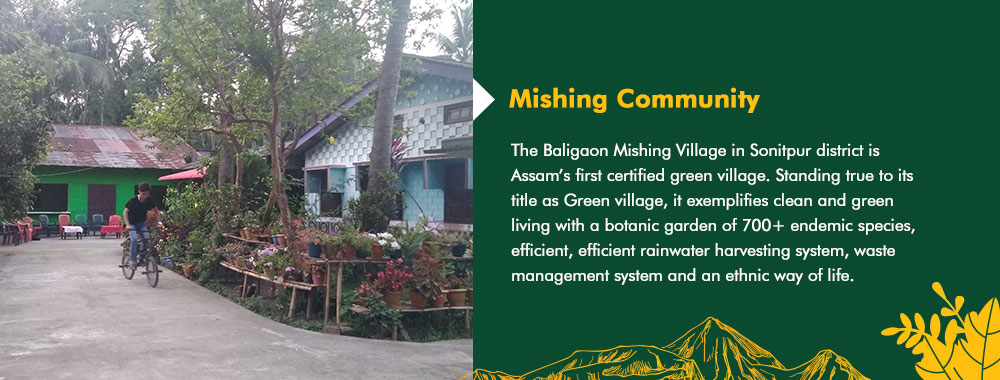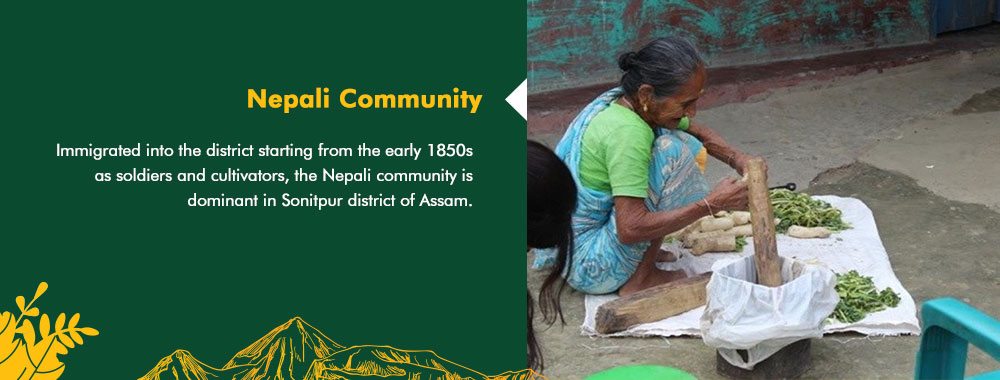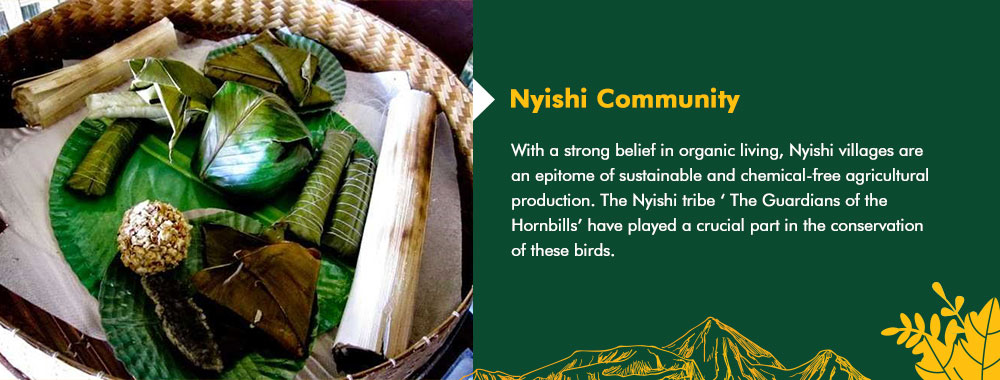About
The Northeastern States of India are home to more than 200 distinct ethnic communities out of India’s 427 ethnic communities, representing one of the most diverse regions of
ethno-botanical knowledge. These ethnic communities, settled mostly on the fringes of forest regions, hold within their cultures a vast repertoire of plant based knowledge. For
generations these communities have developed an intricate knowledge of the resources that plants provide for almost all of their existential requirements; food, shelter and medicine,
besides also contributing to their cultural and spiritual ethos.
The study is not only an effort to document how ethnic communities interact with plants for their existential requirements, but also to study how much of this knowledge is confined
across generations. Using baseline data from previously conducted research that has documented the various uses of plants by different communities, this study tracks the changes of
ethnobotany knowledge over the past three living generations of different ethnic communities belonging to the North East, India.
In doing so, the Balipara Foundation aims to aid understanding of the interrelations of nature and the material and intellectual culture of a people in its entirety. Understanding these
relationships facilitates the Foundation’s habitat restoration efforts, providing a knowledge base for restoring symbiotic relationships with forests. Thus, in this entire model of Rural
Futures – a natural resource management system, fungal biodiversity, agrarian practices and the cultural context creates an ecosystem of harmony, regeneration and restoration between
flora, fauna and people.
OUR IMPACTS SO FAR

300 species
identified
In peer-reviewed
journals
journals

199 Medical
Plants
Biodiversity
assessment research

7 ethnic
communities
Covered through the study

Ethnobotany book
& 1
journal article
Created to study species
MEET THE COMMUNITIES
